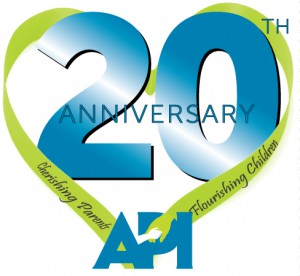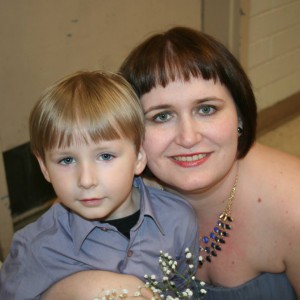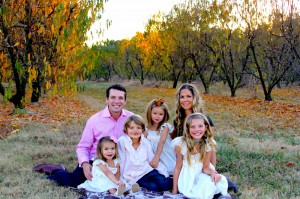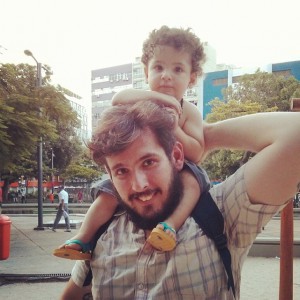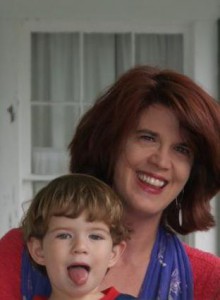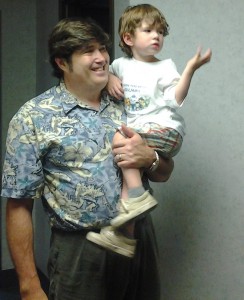By Rita Brhel, Editor of Attached Family magazine, API’s Publications Coordinator
 What this year’s celebration of World Breastfeeding Week is really about—more than updating the status on breastfeeding acceptance or increasing understanding for mothers who are unable to breastfeed—is advocacy for parent support.
What this year’s celebration of World Breastfeeding Week is really about—more than updating the status on breastfeeding acceptance or increasing understanding for mothers who are unable to breastfeed—is advocacy for parent support.
While the primary goal of Attachment Parenting International (API) is to raise awareness of the importance of a secure parent-child attachment, the organization’s overarching strategy is to provide research-backed information in an environment of respect, empathy and compassion in order to support parents in making decisions for their families and to create support environments in their communities. API extends beyond attachment education, also promoting the best practices in all aspects of parenting from pregnancy and childbirth to infant feeding and nurturing touch to sleep and discipline to personal balance and self-improvement through such innovative programs as API Support Groups, the API Reads book club and the Journal of Attachment Parenting, just to name a few.
API is a parent support organization made up of parents located around the world with a deep desire to support other parents.
In this spirit, API created the Parent Support Deserts project through which we mapped gaps in local parent support opportunities specific to Attachment Parenting (AP). The goals of this multi-layered project are to identify communities, regions and nations in need of conscious-minded parent support and to encourage collaboration among like-minded organizations to address these gaps.
As research pours in on the benefits of breast milk and breastfeeding, evidence continues to point toward AP practices, such as using fewer interventions during childbirth, avoiding early mother-baby separation, rooming-in at the hospital, breastfeeding on demand, interpreting pre-cry hunger signals, encouraging skin-to-skin contact, room sharing, discouraging cry-it-out sleep training, helping the father in supporting the mother, and others. As a result, the vast support network that many communities now have for breastfeeding mothers—from a breastfeeding-friendly medical community to lactation consultants and peer counselors to doulas and childbirth educators and parent educators trained in lactation support—tend to direct breastfeeding mothers toward Attachment Parenting.
Local parent support for breastfeeding has grown at an astonishing rate since La Leche League (LLL) International was founded in Illinois, USA, in 1956. LLL groups are located worldwide in nearly all developed nations as well as other less-developed countries. LLL has expanded its resources as cultures have evolved with technology and the changing roles for mothers, assisting mothers in providing breast milk to their infants whether through exclusive or partial breastfeeding or pumping as needed.
By contrast, there are few organized AP-minded support opportunities for mothers who are unable to or choose not to breastfeed or feed expressed breast milk. Formula-feeding parents are relatively on their own in terms of finding support that rightly points them in the direction of Attachment Parenting, as this choice or necessity to bottle-feed exclusively is seen less as part of the relationship context and more solely a nutritive option—though certainly we know, and research in sensitive responsiveness is finding, the behaviors surrounding bottle feeding are as much a part of the parent-child relationship as is breastfeeding. Unlike breastfeeding support, formula-feeding support is much less cohesive, with some information sources putting forth questionable science regarding formula versus breastfeeding benefits.
For this introductory look at the Parent Support Deserts project, we examined locations of parent support groups in terms of infant-feeding in the Attachment Parenting context. We focused on LLL for breastfeeding support and API for both breastfeeding and formula-feeding support. While this list is in flux, click here to see state reports of API’s Parent Support Deserts specific to Attachment Parenting infant-feeding support in the United States as spring 2014, as well as read more details about the Parent Support Deserts project. You can find this article in the latest issue of Attached Family magazine.

